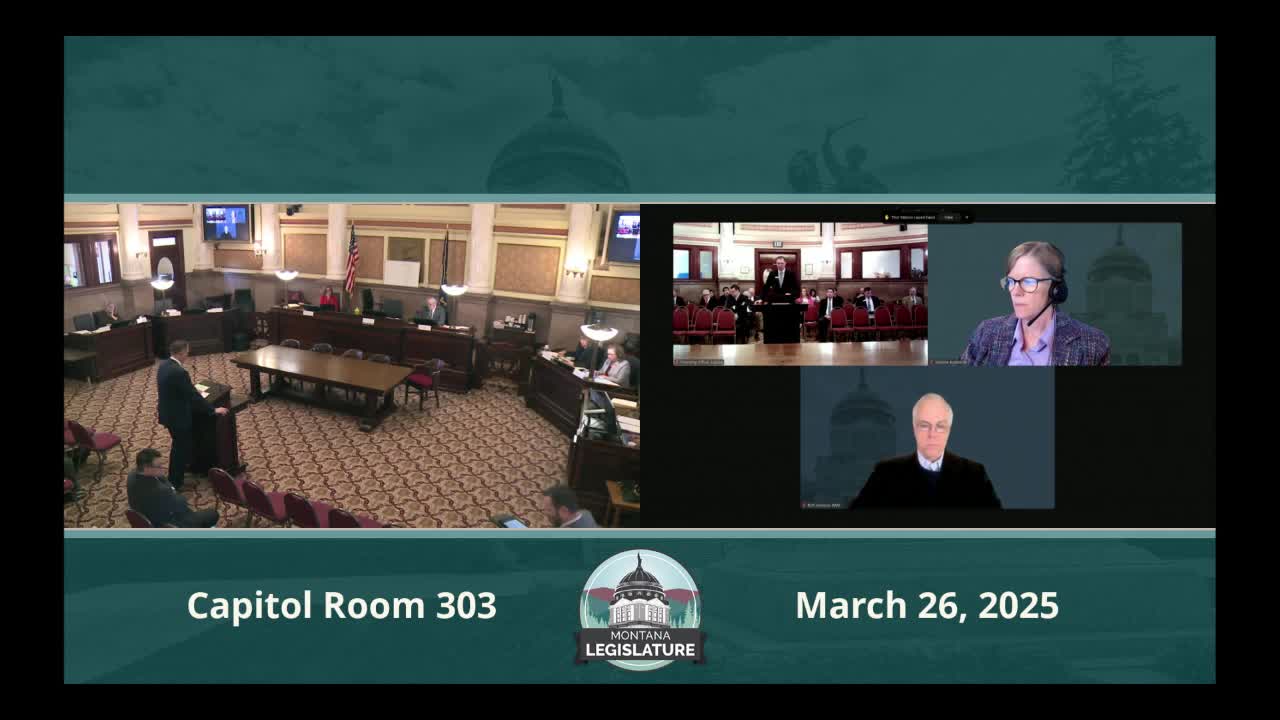Article not found
This article is no longer available. But don't worry—we've gathered other articles that discuss the same topic.
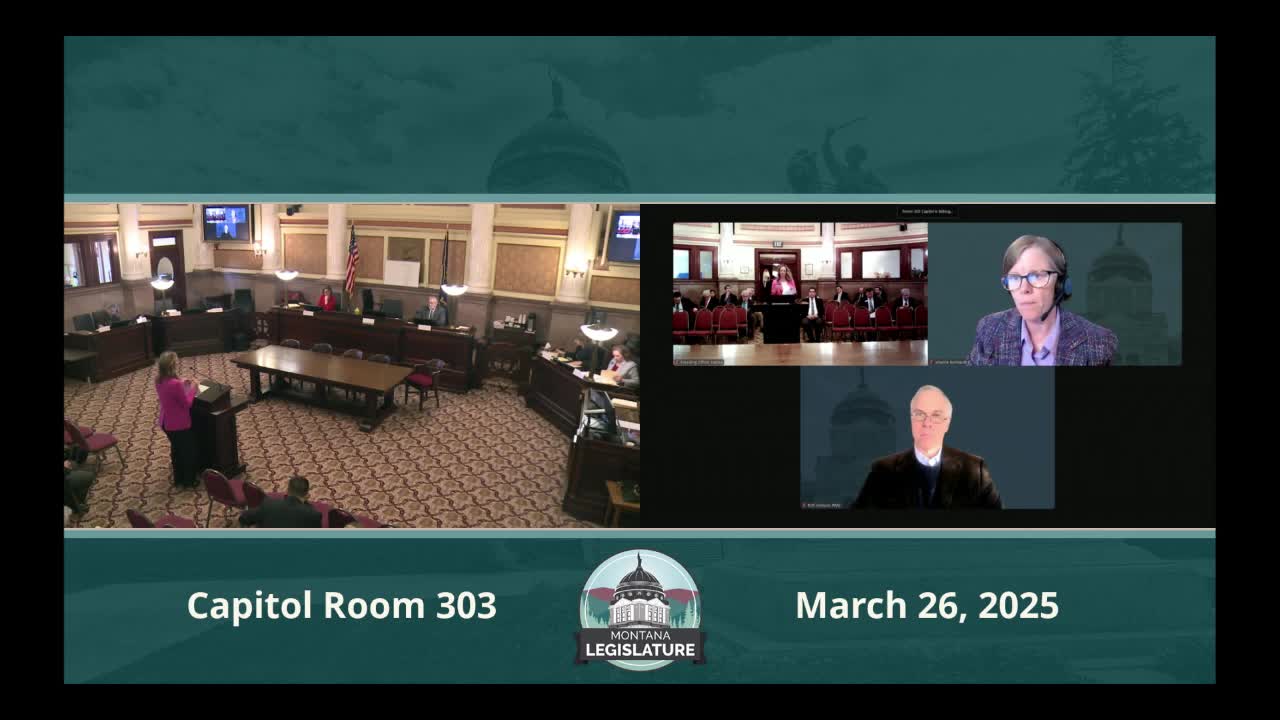
Montana hearing on HB 490: utilities seek limits on strict wildfire liability; opponents warn of liability shield for victims
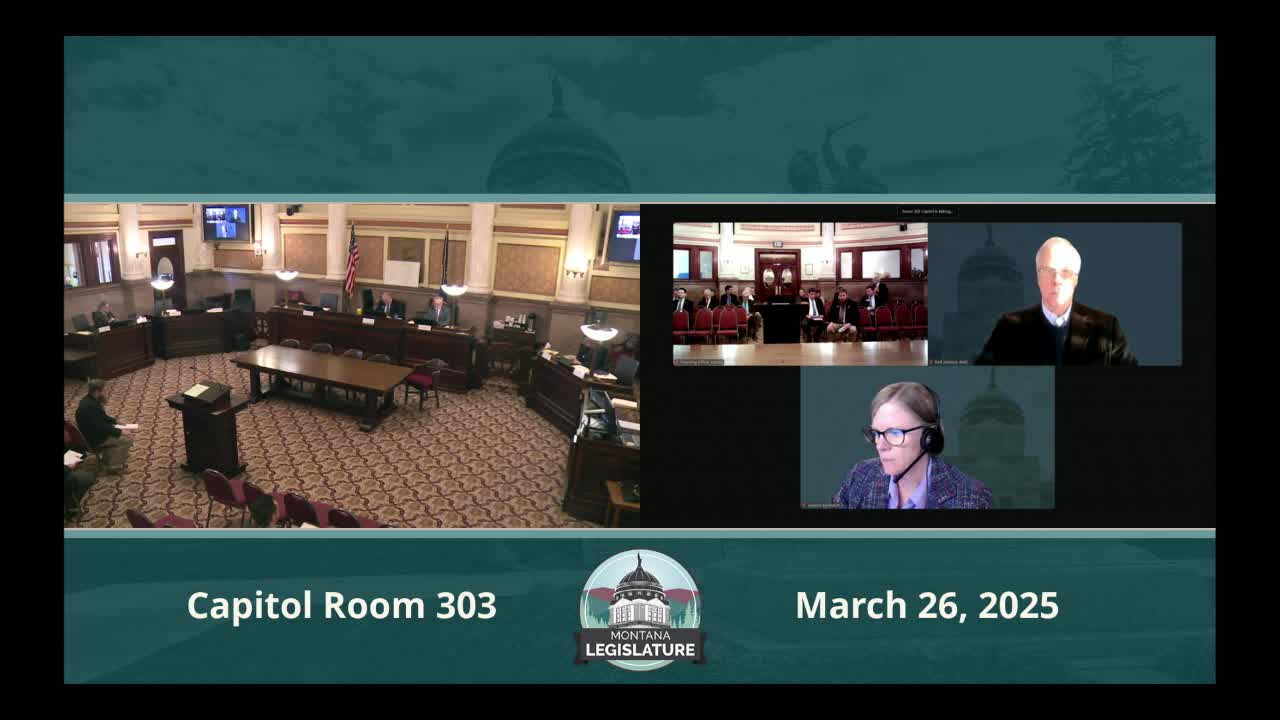
Bill would expand jury trials in constitutional challenges; ACLU and trial lawyers oppose
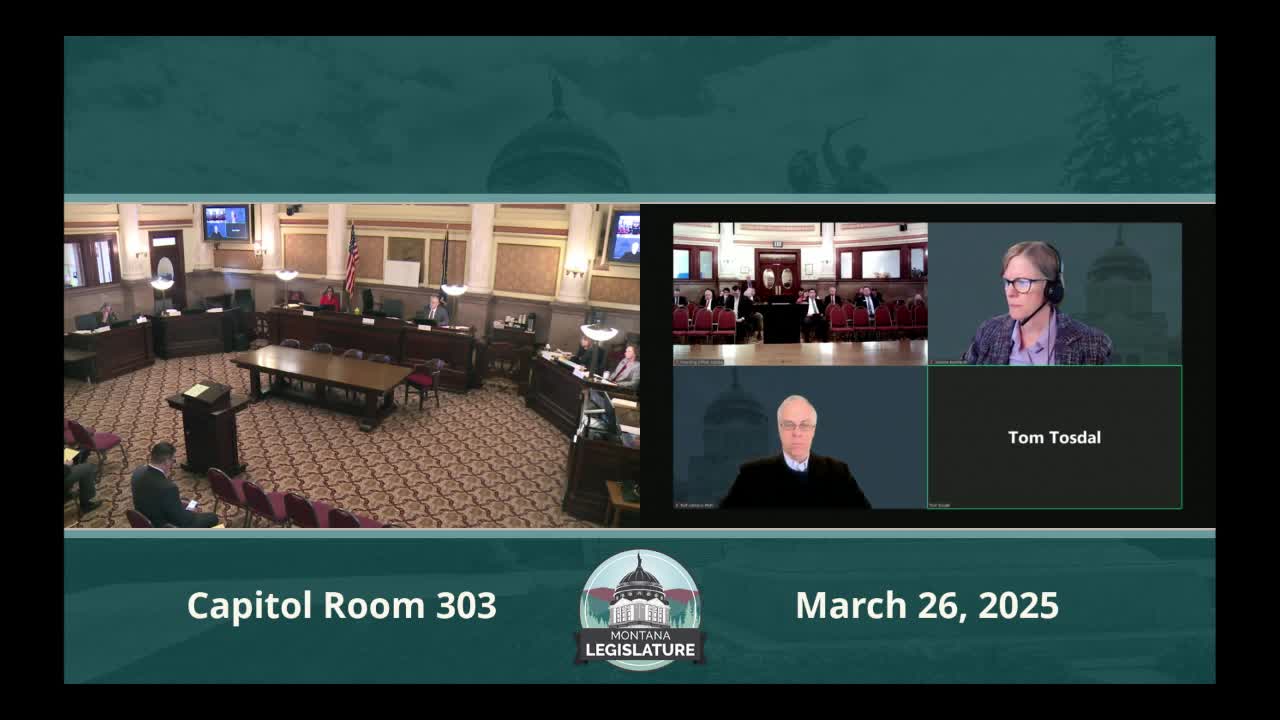
Bill would let municipalities use full‑time special services officers as court security
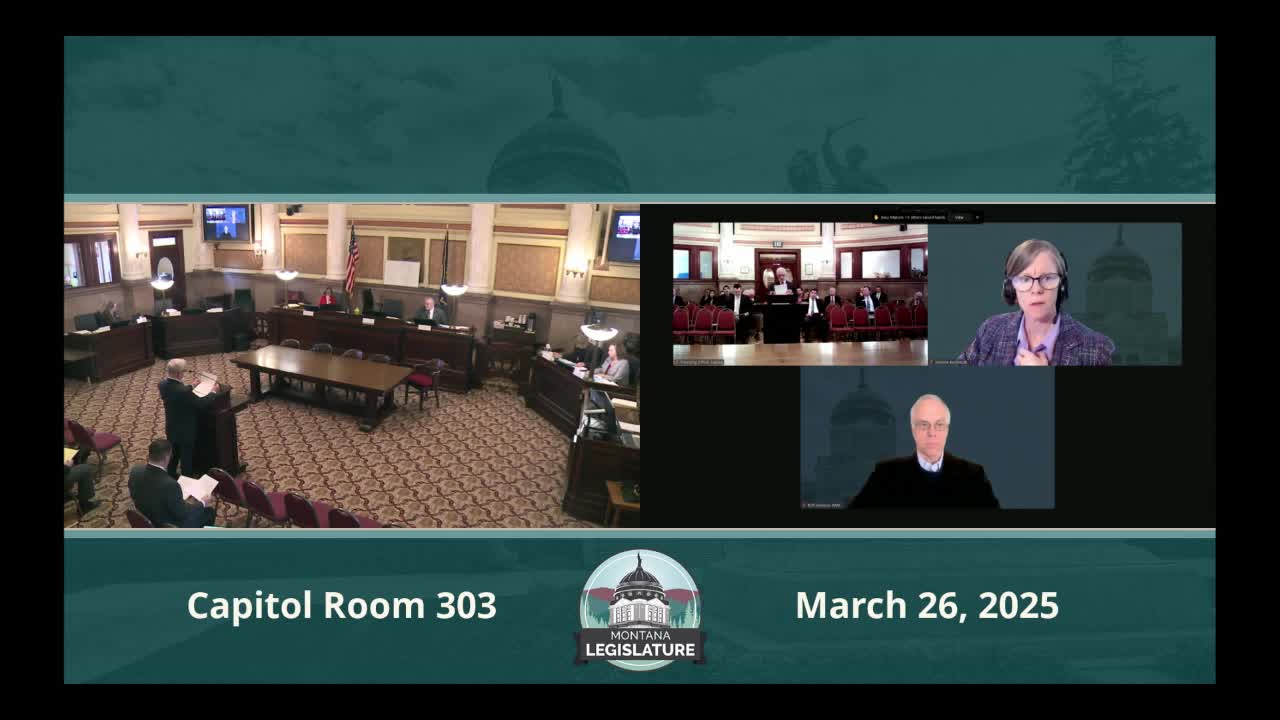
Bill would remove mandatory attorney membership from some state quasi‑judicial boards, governor’s office says appointments are difficult
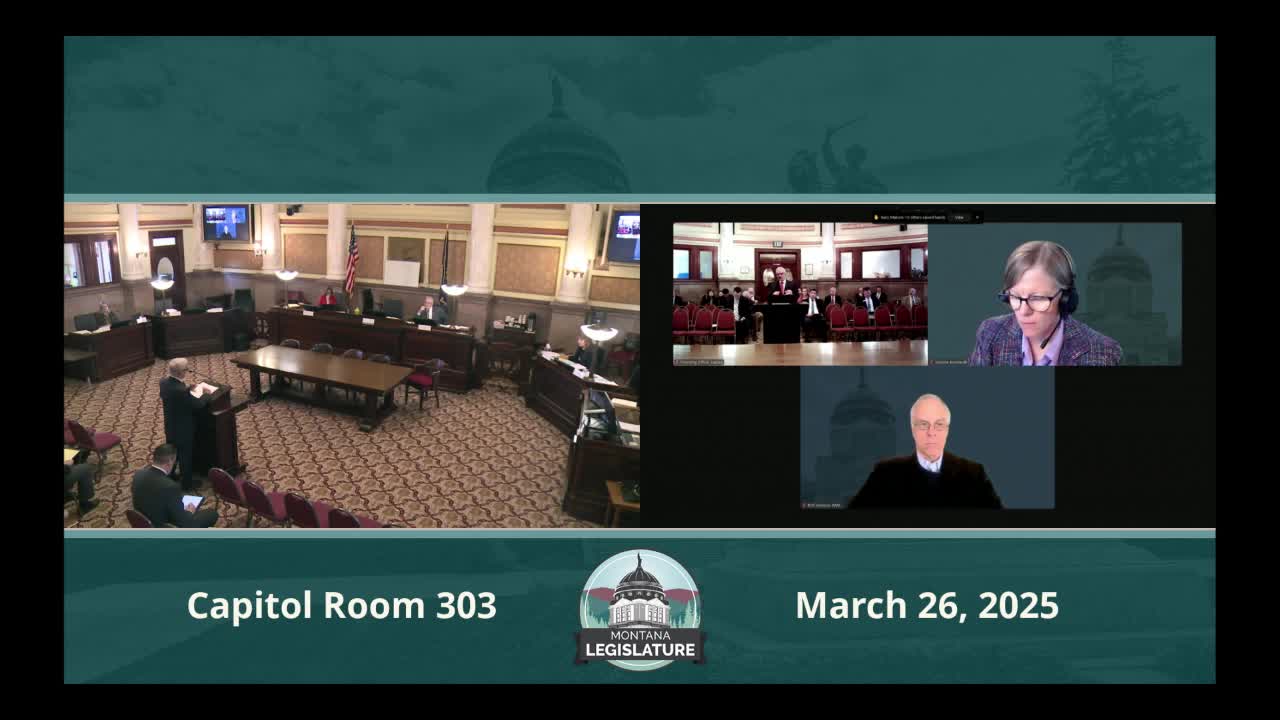
Committee hears bill to modernize Montana extradition law
